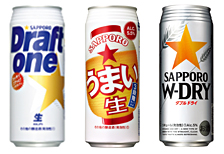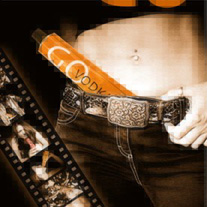According to rumour, private-equity firms Kohlberg Kravis Roberts & Co and Affinity Equity Partners are among the bidders that qualified for the second round.
On 19 March, organisers of the Australian International Beer Awards (AIBA), which was established 16 years ago to reward excellence in the field of brewing
Following the decision by the Australian senate to reject the RTD tax, Australia’s largest distillers have confirmed their immediate commitment to donate any tax refunds they receive to DrinkWise Australia.
Nielsen ScanTrack Liquor figures to the end of January this year suggest RTD sales have dropped dramatically by 29 percent since the introduction of the excise hike on 27 April 2008. Between May last year and January this year, the number of RTDs sold dropped by a total of 310 million standard drinks.
The Coca-Cola Company should have seen it coming. Remember how the Chinese government responded to the purchase of Anheuser-Busch by InBev last year?
On 19 February, Lion Nathan reported an increase of 7 percent in net sales for the quarter ending 31 December 2008 and reaffirmed its operating profit guidance of profit rising to AUD 315 million (EUR 160 million) for fiscal 2009. The domestic beer market is still strong with drinkers moving to premium, low-carb and mid-strength beers.
A sale to Kirin would reduce San Miguel Corp.’s stake in the brewing unit to 51 percent from 94.25 percent, according to estimates.
We shall never find out the truth behind Steel Partners withdrawing its offer. It is equally likely that Steel Partners was strapped for money – many funds these days are.
Government authorities in the State of South Australia (Adelaide) want to ban gimmicks they consider will entice young people to indulge in binge drinking. They targeted GoVodka, a vodka-based product packaged in attractive re-sealable tubes available in four flavours at 8.5% abv that was launched at special parties at selected Adelaide venues and a three-litre cocktail tower promoted by a suburban pub.
The 2009 AIBA judging panel includes the United Kingdom’s "Beer Doctor", Dr George Philliskirk, a director of the Beer Academy, an educational trust dedicated to helping people understand and appreciate beer.


